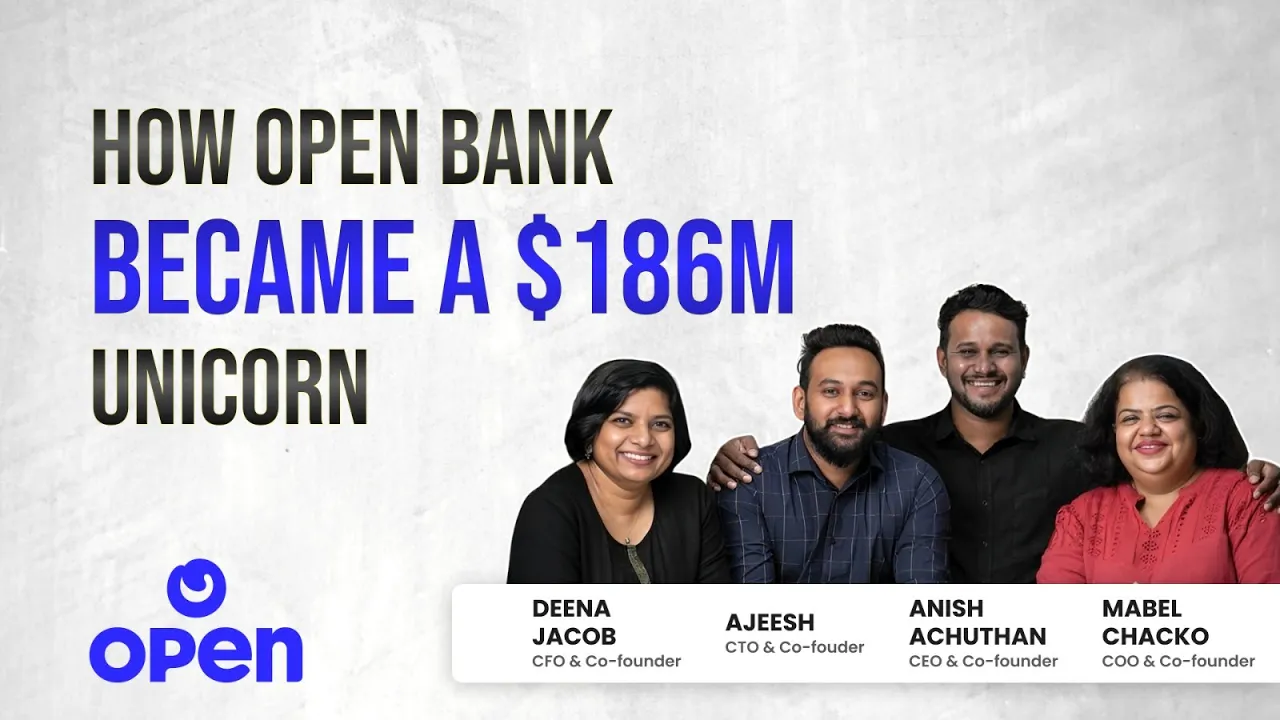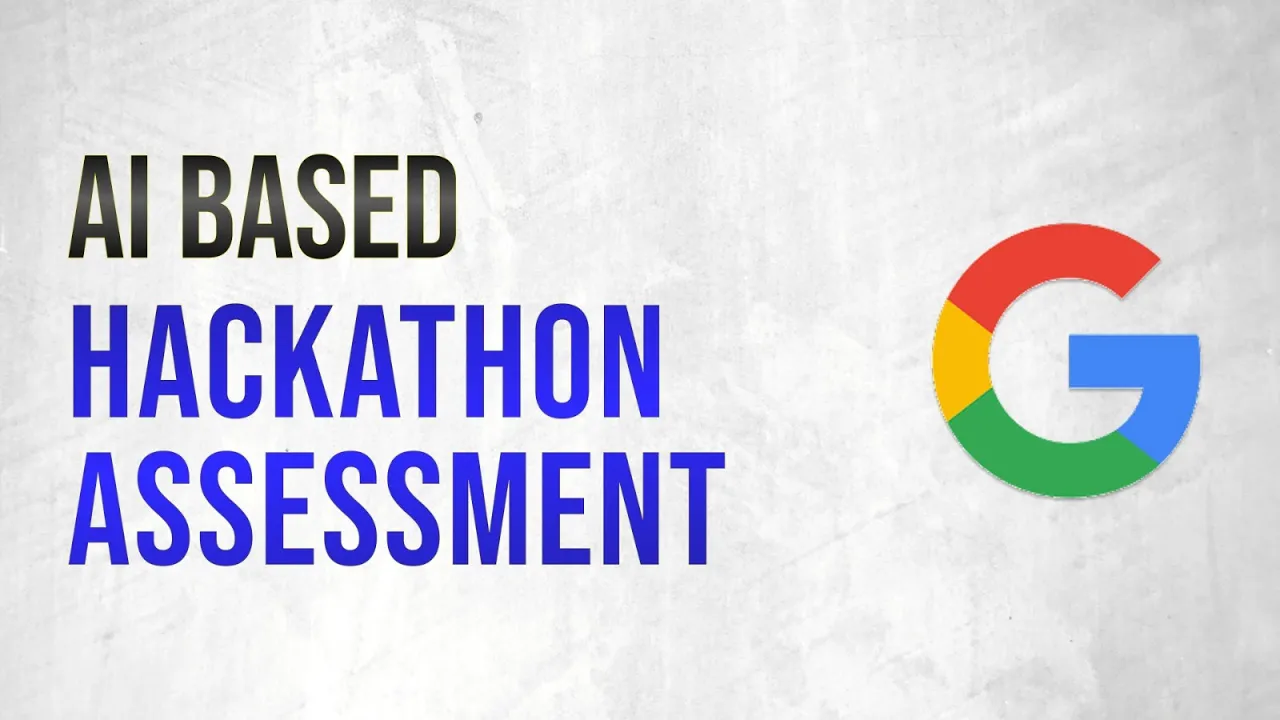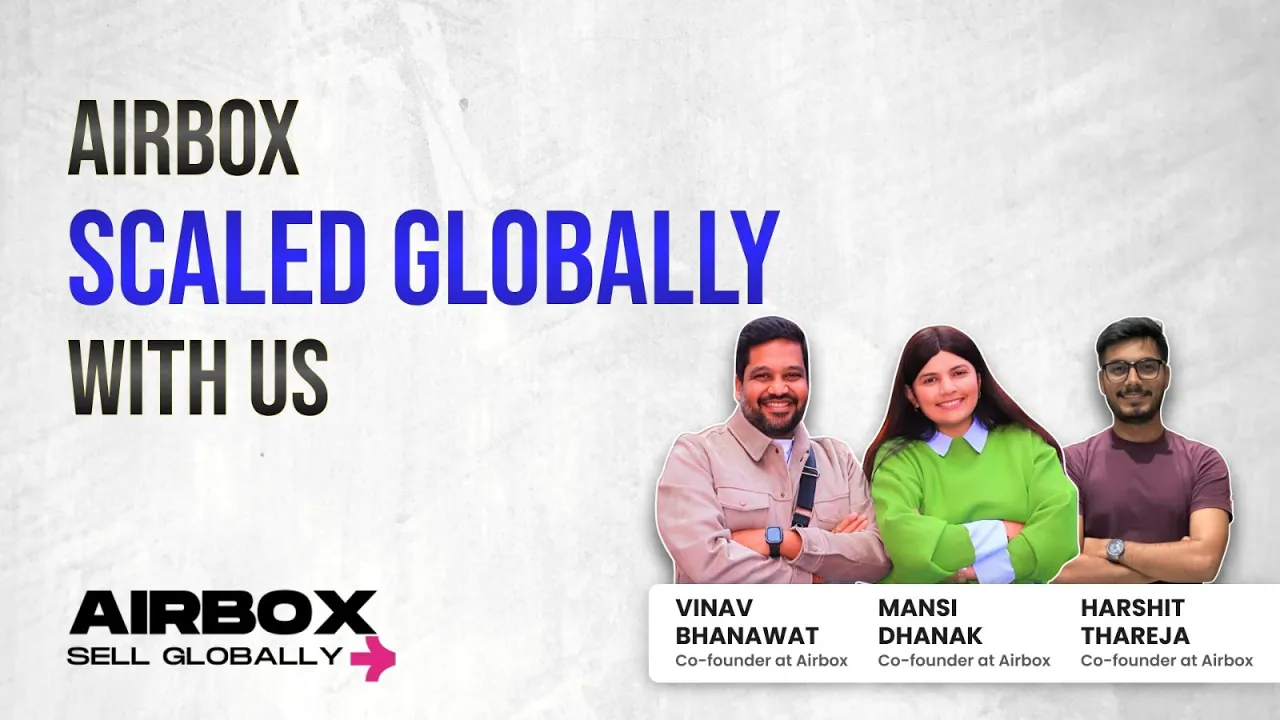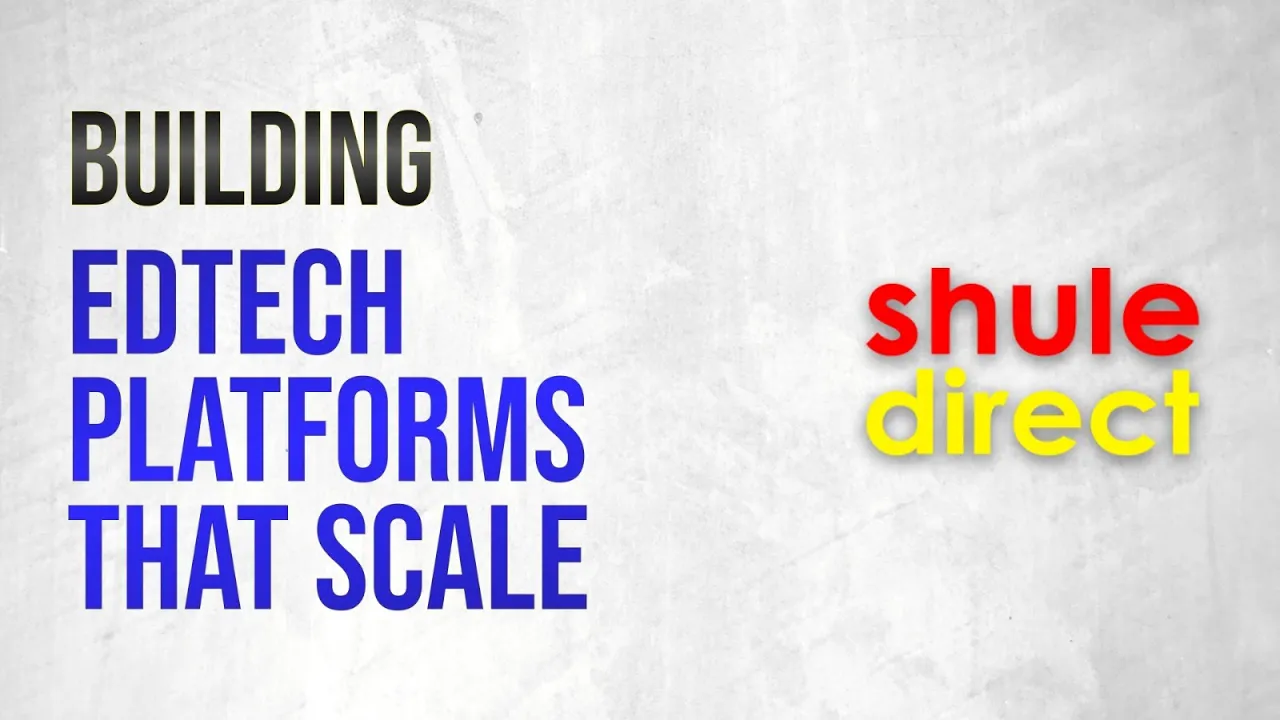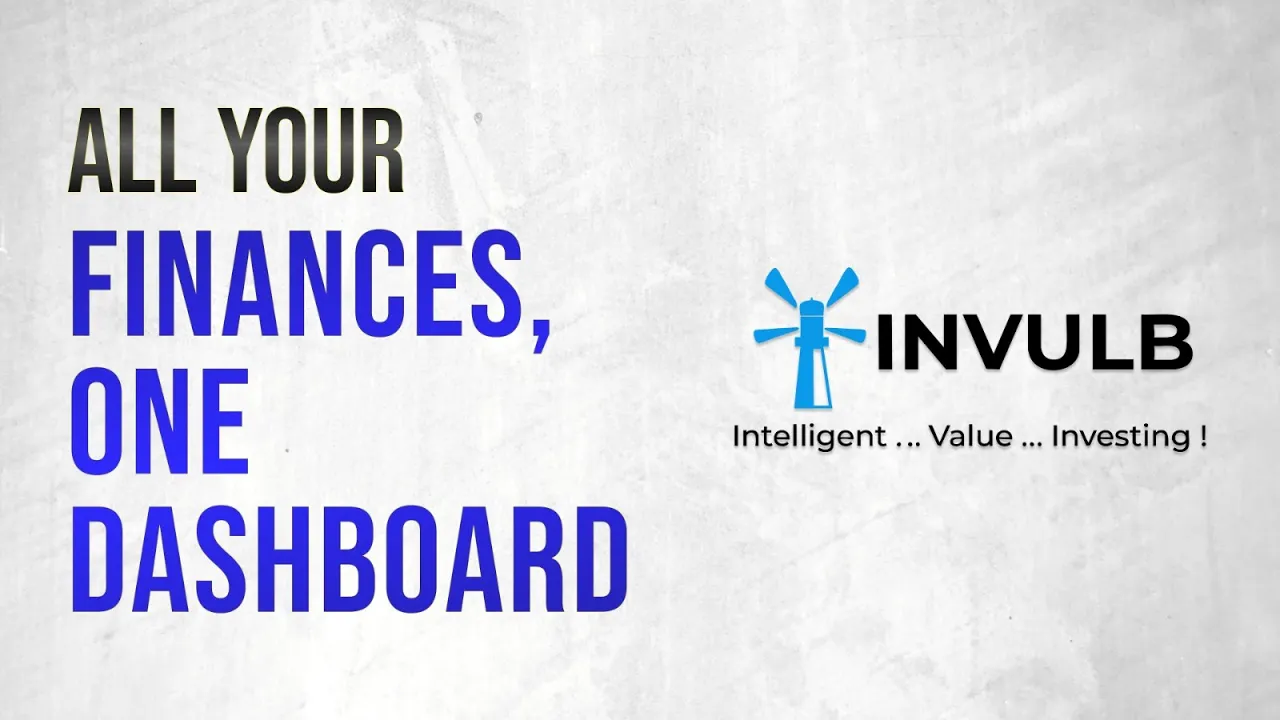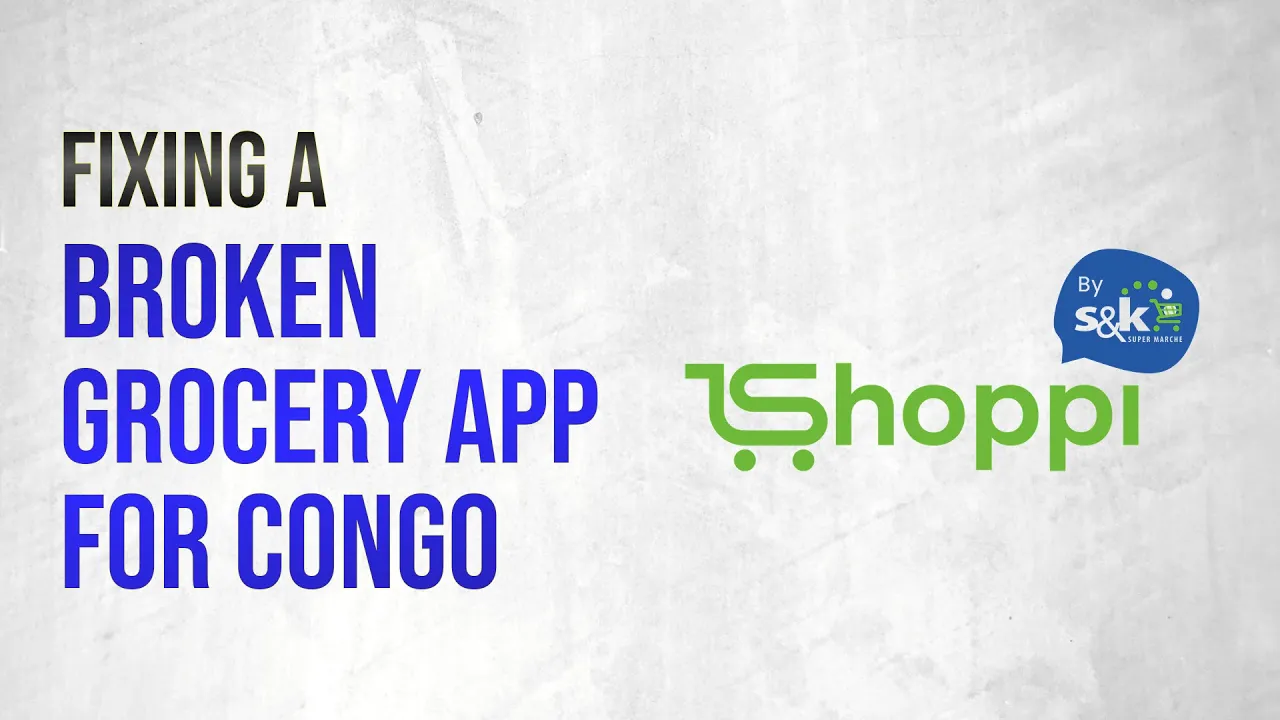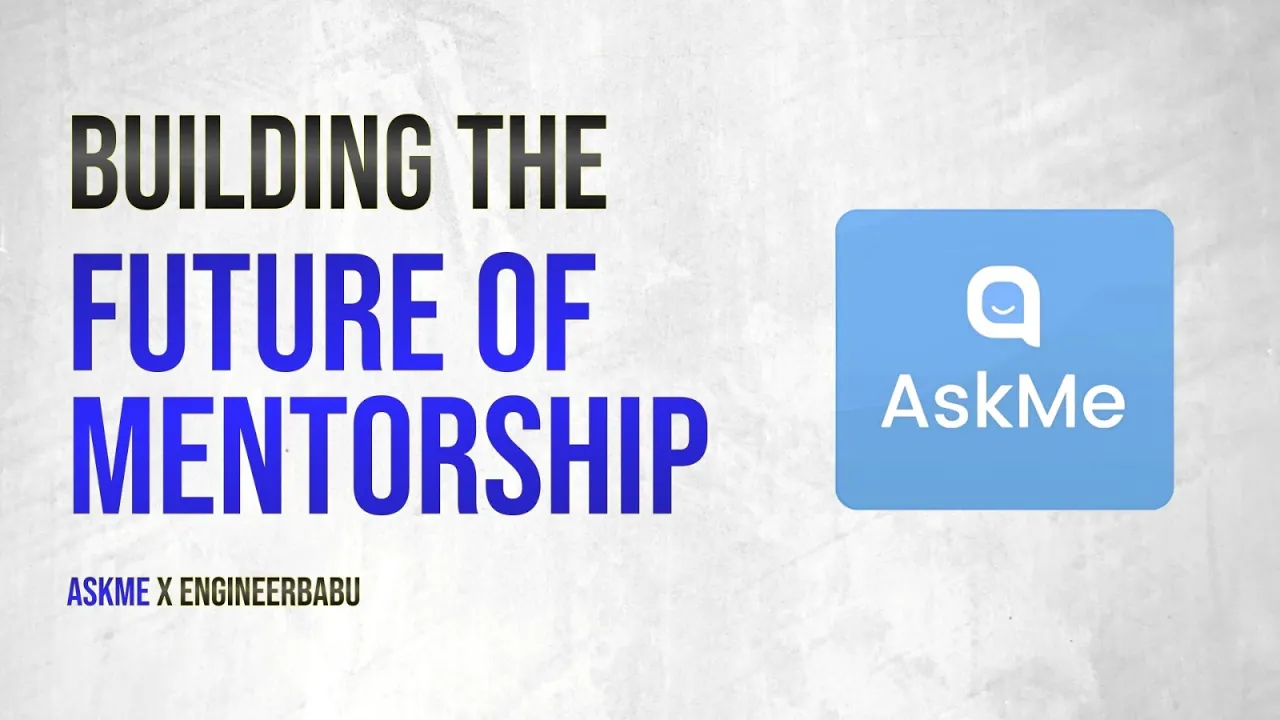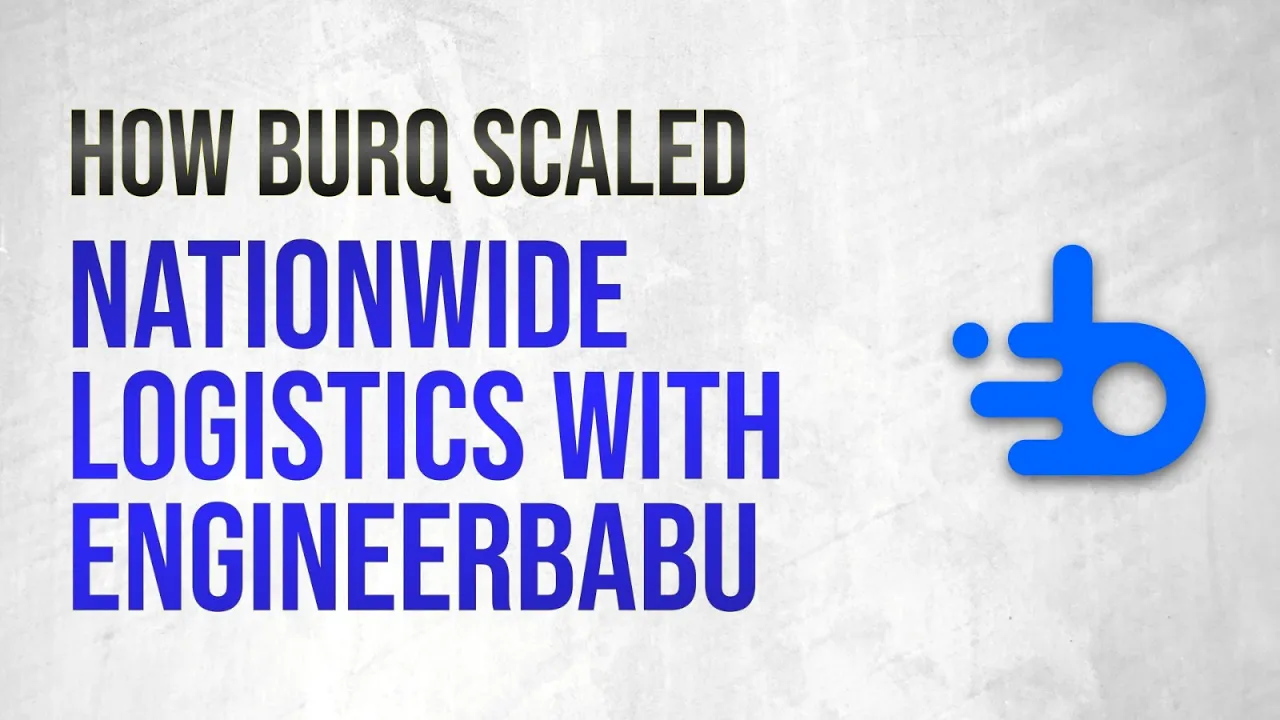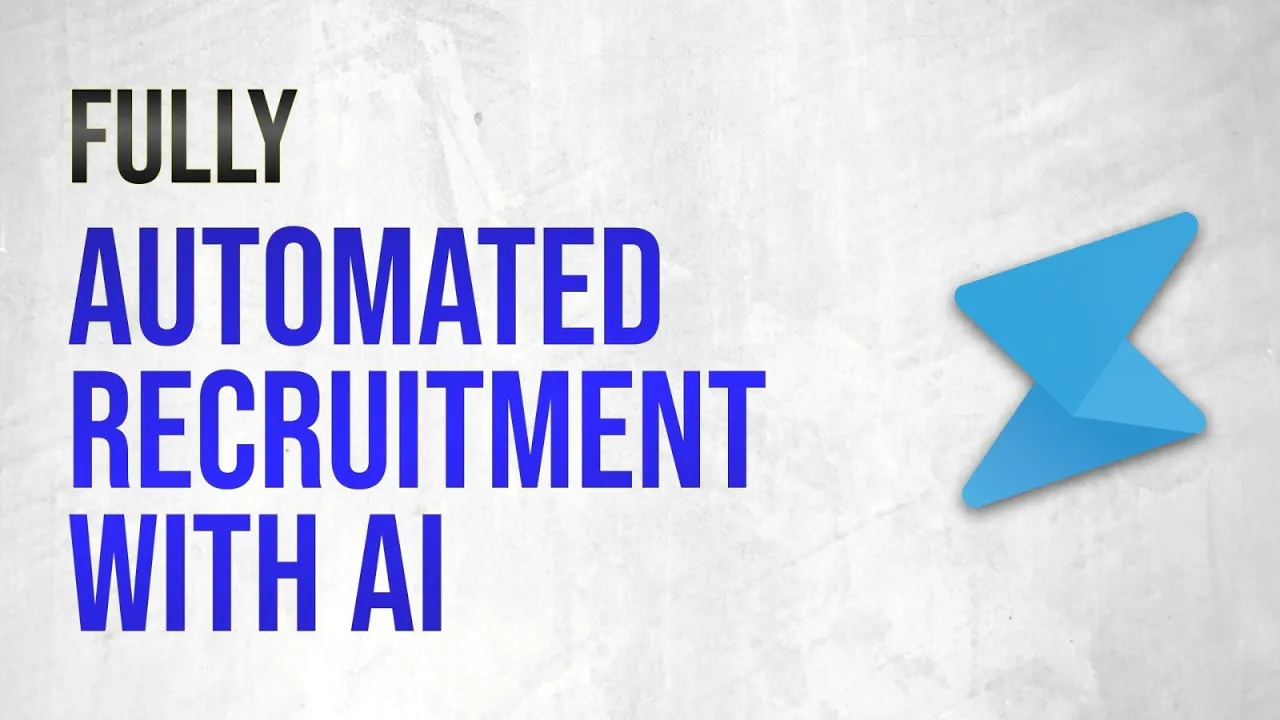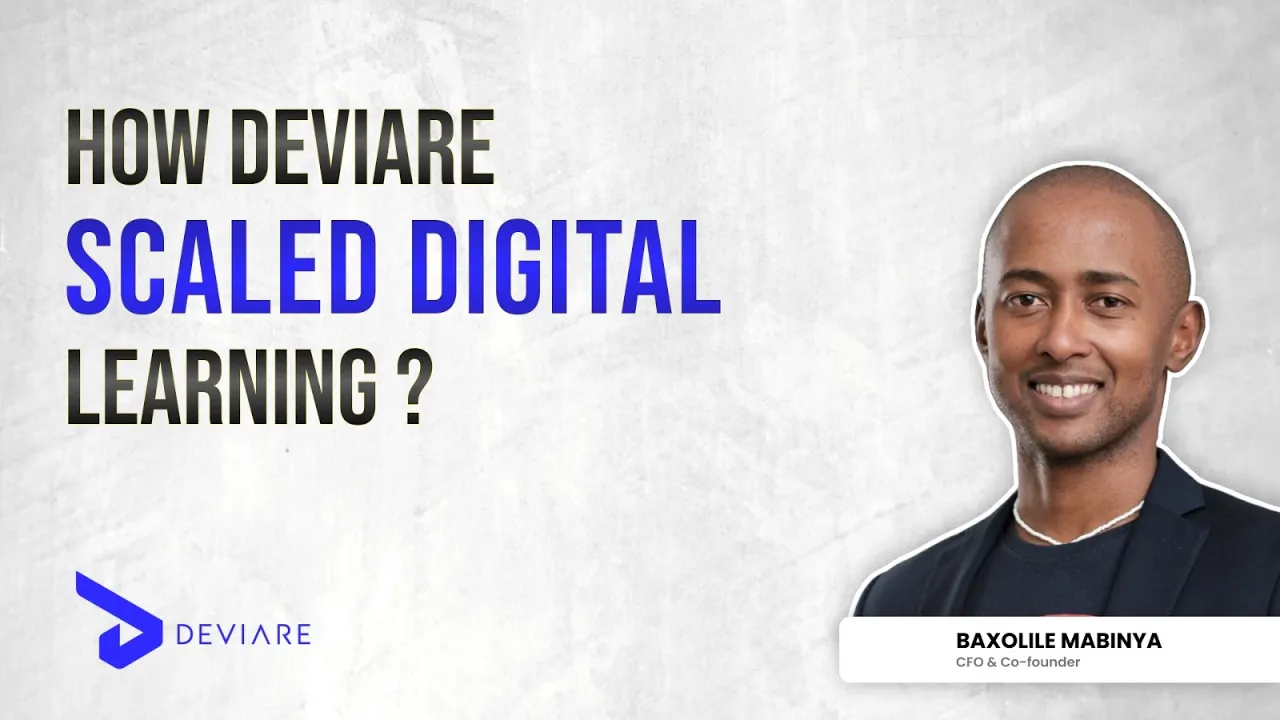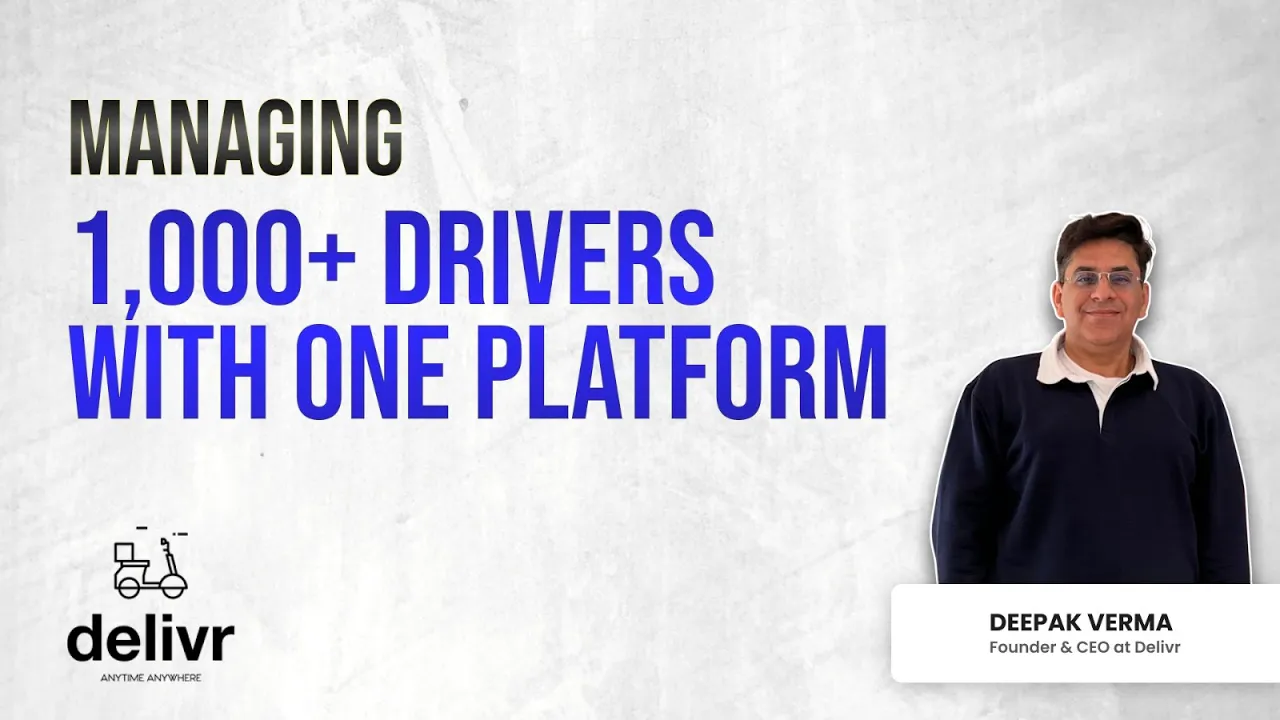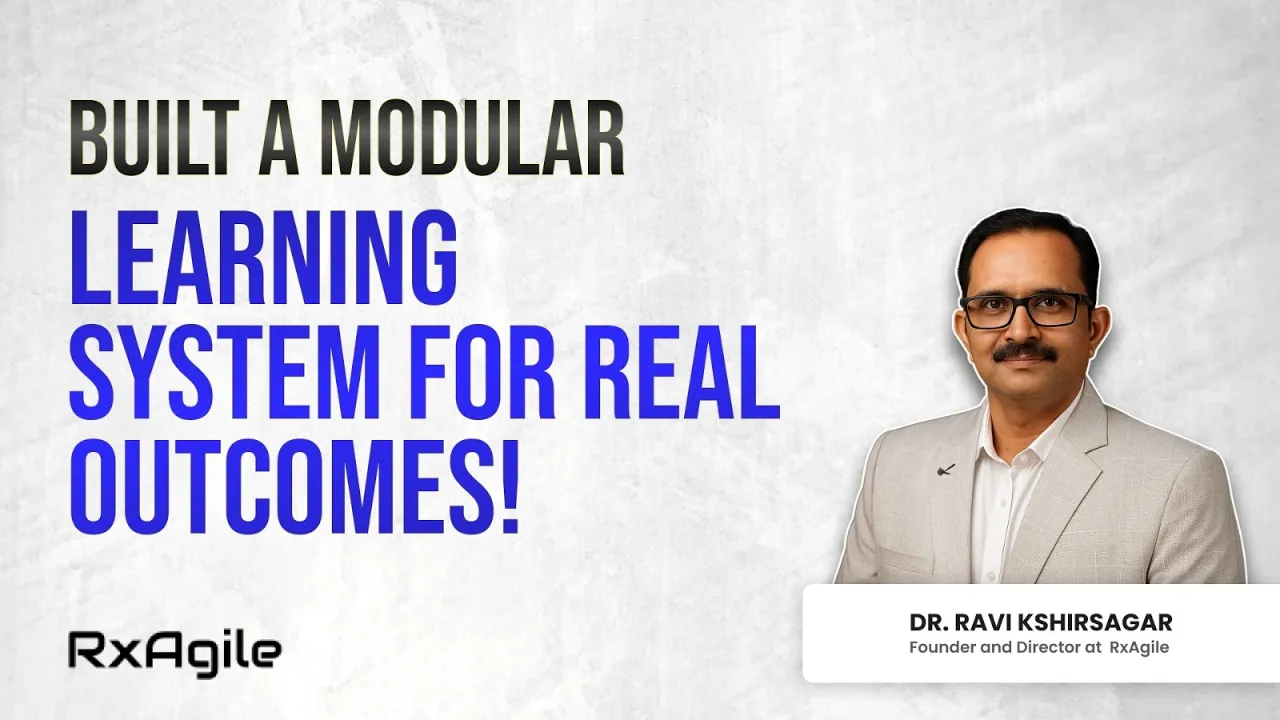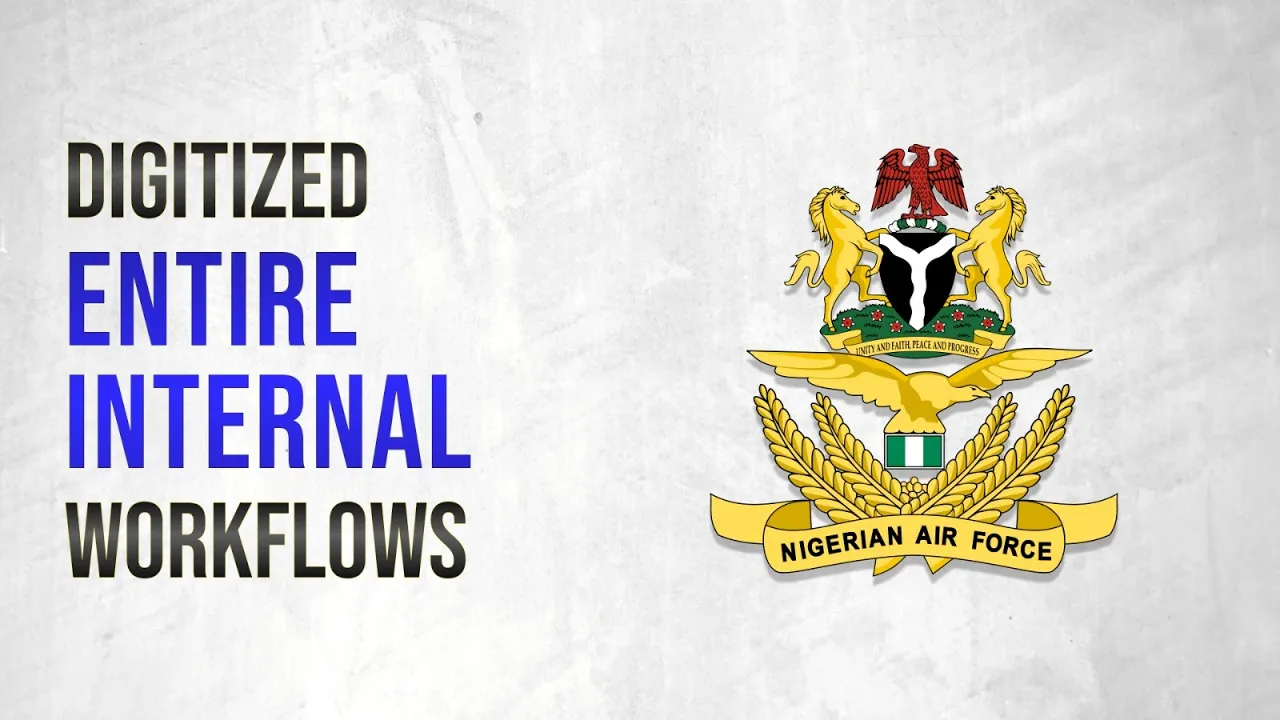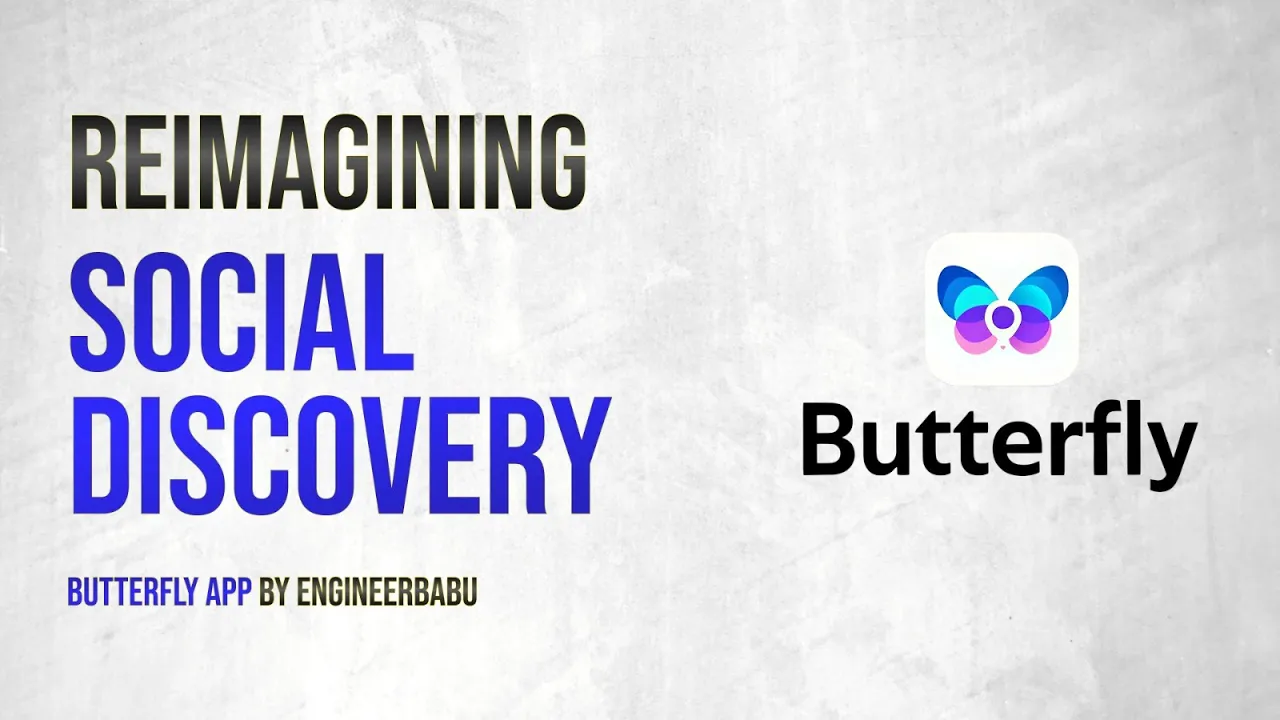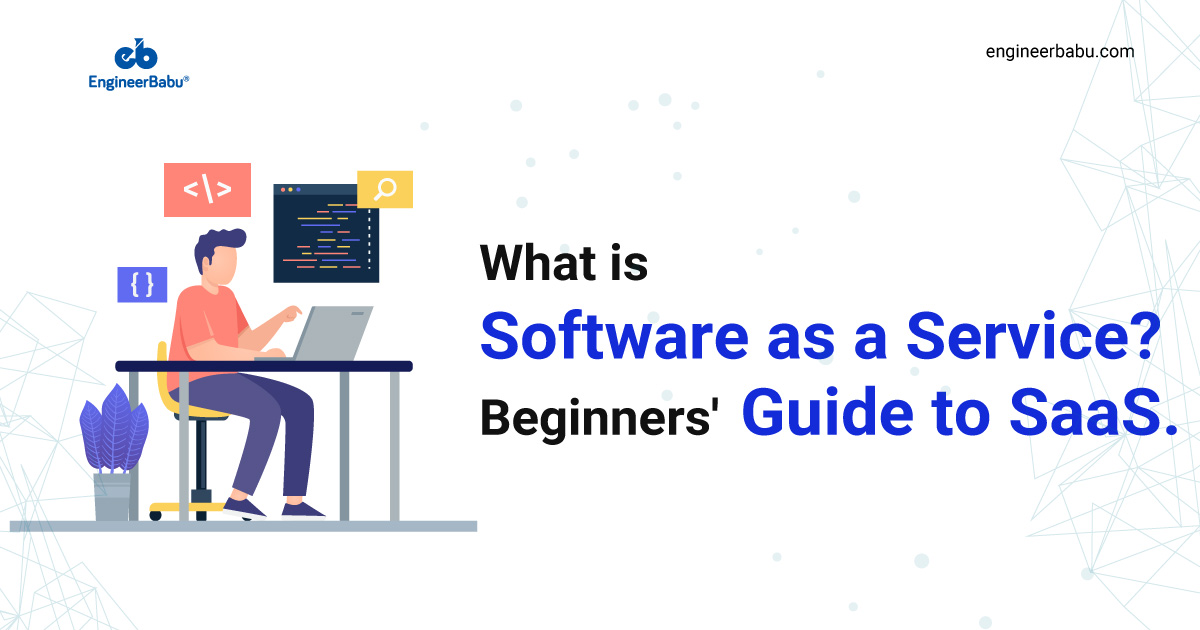




Hire Cloud Developers with Hands-On Experience
Your Go-To Cloud Engineers for Scalable Solutions
Work with top-tier professionals across every layer of cloud technology. From architecture to automation, we deliver secure, scalable solutions for businesses ready to grow in the cloud.
Serverless
Computing
Get developers specializing in event-driven, serverless frameworks that reduce cost and complexity across various cloud platforms.
Cloud
Automation
Streamline deployment and operations with intelligent automation. We help companies build fully automated, self-healing cloud environments with expert cloud engineers.
Infrastructure as
Code
Automate infrastructure at scale using Terraform and CloudFormation. Work with developers who have deep IaC expertise for fast, reliable deployments.
Containers and
Orchestrations
Partner with remote cloud engineers to build, scale, and manage microservices using Docker, Kubernetes, and cloud-native orchestration platforms.
Choose the Best Model to Hire Cloud Developers
Choose a hiring model that fits your goals, timeline, and budget without compromising on quality or expertise when you hire cloud developers.

Contract & C2H
Hire cloud developers on a contract or contract-to-hire basis. Ideal for short-term cloud migrations, urgent deployments, or evaluating long-term fit before permanent team expansion.

Permanent Models
Build a full-time cloud development team that aligns with your infrastructure goals. Perfect for businesses investing in scalable architecture, cloud automation, and ongoing system optimization

Dedicated Teams
Our cloud engineering services include dedicated teams that design, deploy, and manage robust cloud infrastructure, ensuring secure environments, high availability, and seamless integration with your tech stack.
Hire Remote Cloud Engineers Effortlessly
We simplify how you hire cloud engineers with a clear, four-step process focused on quality and fit.
Requirement Analysis
We collaborate closely to understand your needs and define the ideal profile to hire developers.
Candidate Shortlisting
Our experts screen and shortlist top talent matching your criteria for you to review and select.
Interview
& Evaluation
You interview the candidates and assess technical skills to hire cloud engineers.
Onboarding
& Support
Once selected, we assist with smooth onboarding and provide ongoing support.
What We’ve Built With Leaders and CXOs
Why Hire Cloud Developers From EngineerBabu
Hire dedicated cloud engineers from us and benefit from tailored solutions, skilled professionals, and transparent communication every step.
Tech Stack for Cloud Development
Access cloud expertise that uses cutting-edge tools to design scalable, secure, and efficient solutions tailored to your business.
Cloud Platforms:
Infrastructure as Code:
Terraform
AWS CloudFormation
Ansible
Containerization & Orchestration:
Docker
Kubernetes
OpenShift
Serverless:
AWS Lambda
Azure Functions
Google Cloud Functions
CI/CD Tools:
Jenkins
GitLab CI
CircleCI
Azure DevOps
Monitoring & Logging:
Prometheus
Grafana
ELK Stack
CloudWatch
Automation & Configuration:
Chef
Puppet
SaltStack
Featured Insights and Resources
Find Expert Cloud Developers for Your Next Project
Hire cloud developers to build scalable solutions, faster. Get matched with certified engineers ready to deliver from day one.
80+Happy Clients
11+ Years of Experience
170+Expert Level Talents
Trusted by Founders, Startups, And Enterprises.
Hiring Manual
How to Hire Cloud Developers?
To successfully hire cloud developers, prioritize evaluating their technical expertise in cloud platforms and programming languages, relevant experience with cloud architecture, and essential soft skills like communication and teamwork.
Use multiple recruitment channels such as online job portals, specialized hiring services, or freelance marketplaces. Assess candidates through comprehensive technical interviews, practical coding tests, and thorough reference verifications.
Step-by-step guide:
-
Identify Your Requirements: Clearly specify the cloud environments (such as AWS, Azure, or Google Cloud), technologies (including serverless computing and containerization), and programming languages (like Python or JavaScript) necessary for your project.
-
Select a Hiring Approach: Decide whether to use general job portals, tech recruitment agencies, or freelance talent platforms tailored to technology professionals.
-
Review Resumes and Verify Skills: Focus on candidates with relevant cloud certifications, proven project experience, and a strong history of working on cloud-based solutions.
-
Conduct Technical Evaluations: Move beyond basic interviews by administering coding challenges, practical exercises, or case studies that require candidates to demonstrate real-world problem-solving skills.
-
Assess Soft Skills: Ensure candidates exhibit strong communication, collaboration, and critical thinking abilities to work effectively with cross-functional teams.
-
Verify References and Work Samples: Request references from previous employers or clients to gain insight into the candidate’s reliability, work quality, and professionalism.
-
Extend a Competitive Offer: Once the ideal candidate is identified, present a clear and attractive offer covering compensation, benefits, and role expectations.
What to Know Before You Hire Cloud Developers?
Hiring cloud developers is a strategic decision that impacts your application's scalability, security, and long-term maintainability. Before you hire cloud engineers there are several key considerations to keep in mind:
-
Define Your Cloud Requirements Clearly Start by understanding your project's goals. Do you need a complete cloud-native application or are you migrating legacy systems? Identify the cloud platform you'll use (AWS, Azure, or Google Cloud), and whether your project requires services like serverless computing, microservices, or container orchestration. This clarity will help you find developers with the right specialization.
-
Know the Skills That Matter When you hire cloud developers, look for expertise in both frontend and backend technologies that integrate well with cloud services. For more infrastructure-focused roles, hire engineers who are proficient in Infrastructure as Code (IaC), CI/CD pipelines, security best practices, and monitoring tools. Certifications (e.g., AWS Certified Solutions Architect) can validate their knowledge but real-world project experience is even more critical.
-
Prioritize Real-World Experience Beyond technical skills, evaluate candidates based on past projects. Have they designed or deployed scalable, high-availability systems? Have they managed production workloads, implemented disaster recovery, or optimized cloud costs? These indicators help you predict their ability to handle complex cloud challenges in your environment.
-
Assess Communication and Collaboration Skills Whether you're hiring for a full-time position or a remote contract, soft skills are essential. Cloud developers often work across teams, DevOps, security, product,and must clearly communicate technical decisions. When you hire cloud engineers for remote roles, their ability to work asynchronously and stay aligned with your goals is especially important.
-
Use a Structured Hiring Process Implement a hiring funnel that includes technical assessments (coding tasks, cloud design challenges), behavioral interviews, and reference checks. This ensures you're not just hiring someone who looks good on paper but a developer who can deliver in real-world scenarios.
How to Choose the Right Cloud Development Tech Stack?
Selecting the right tech stack for cloud development is crucial for long-term scalability, performance, and maintainability. Here’s what to consider:
-
Define Your Project Requirements Understand your app's goals - is it cloud-native, microservices-based, or a lift-and-shift migration?
-
Choose the Right Cloud Provider Evaluate AWS, Azure, or Google Cloud based on service offerings, global availability, pricing, and ecosystem support.
-
Select Suitable Programming Languages Pick languages like Python, Node.js, Go, or Java that align with your team's expertise and cloud-native features.
-
Adopt DevOps and Automation Tools Use Terraform, CloudFormation, Docker, and Kubernetes to streamline infrastructure, deployment, and orchestration.
-
Decide Between Serverless and Containers Choose serverless (e.g., AWS Lambda) for event-driven apps, or containers for greater control and portability.
-
Plan for Security and Scalability Ensure the stack supports identity management, monitoring, auto-scaling, and disaster recovery from the start.
-
Think About Future Growth Your tech stack should support modular upgrades, API integrations, and emerging cloud features without major rewrites.
What Skills Should Dedicated Cloud Developers Have?
When you hire dedicated cloud developers, you should look for a well-rounded mix of technical, DevOps, and soft skills that ensure they can build, deploy, and scale cloud-native systems effectively.
Core Technical Skills
-
Cloud Platform Expertise Proficiency in AWS, Azure, or Google Cloud - understanding services like compute, storage, networking, and identity management.
-
Programming Languages Strong command of Python, JavaScript (Node.js), Go, or Java - often used in cloud-native development.
-
Cloud Architecture Knowledge of microservices, serverless design patterns, containerization, and distributed system design.
DevOps & Automation Skills
-
Infrastructure as Code (IaC) Hands-on experience with Terraform, AWS CloudFormation, or Ansible to manage scalable infrastructure.
-
CI/CD Pipelines Familiarity with tools like Jenkins, GitLab CI, or GitHub Actions to automate builds, tests, and deployments.
-
Monitoring & Logging Ability to set up observability tools like Prometheus, CloudWatch, ELK Stack, or Grafana.
Soft Skills
-
Problem-Solving Ability to debug, troubleshoot, and resolve cloud infrastructure and application issues quickly.
-
Communication Comfortable collaborating with cross-functional teams and explaining technical concepts clearly.
-
Adaptability Willingness to learn emerging tools, services, and evolving cloud architectures.
How to Evaluate Cloud Developers During Interviews?
Interviewing cloud developers goes beyond asking technical questions. It’s about understanding their real-world problem-solving ability, architectural thinking, and communication skills. A structured approach helps you identify candidates who not only know the tools but can deliver in production environments.
Start by assessing their cloud platform expertise. Ask which environments they’ve worked with (AWS, Azure, or Google Cloud) and how they’ve used services like compute, storage, IAM, or networking. Rather than relying on memorized definitions, look for practical insights. Have they set up scalable systems? Managed permissions? Optimized cost?
Include targeted questions or small tasks to evaluate hands-on experience with:
-
Infrastructure as Code (e.g., Terraform, CloudFormation)
-
CI/CD tools (e.g., Jenkins, GitHub Actions, GitLab CI)
-
Containerization and orchestration (Docker, Kubernetes)
Security is also crucial. Ask how they secure workloads, manage access, or handle secrets. A strong cloud developer should understand principles like encryption at rest, least privilege, and network isolation.
Next, review their real-world experience. Ask about a recent project:
-
What challenges did they face?
-
How did they scale, monitor, or recover the application?
-
What would they do differently next time?
Finally, don’t overlook soft skills. Cloud developers often work with DevOps, QA, and product teams. Test their ability to communicate clearly, explain technical concepts, and collaborate effectively, especially if you're hiring for a remote or cross-functional environment.
Why Should You Hire Cloud Developers from India?
India has become one of the top destinations for hiring skilled cloud developers due to its deep talent pool, cost advantages, and strong technical education ecosystem. Whether you need full-time experts or remote contractors, Indian developers offer a competitive edge in cloud-native development.
-
Highly Skilled Talent Pool India produces a large number of engineering graduates each year, many with expertise in AWS, Azure, Google Cloud, DevOps, and modern cloud architecture.
-
Cost Efficiency Without Compromising Quality You can hire cloud developers from India at significantly lower rates compared to developers in North America or Europe, while still maintaining high-quality code and performance.
-
Proven Experience with Global Projects Many Indian cloud developers have experience working with international clients, delivering scalable applications, migrations, and DevOps automation across various industries.
-
Strong Communication and Collaboration Skills English proficiency and familiarity with global collaboration tools make it easy to integrate Indian developers into remote or hybrid teams.
-
Flexibility and Availability Indian developers often offer flexible engagement models, including full-time, part-time, and contract roles, across different time zones.
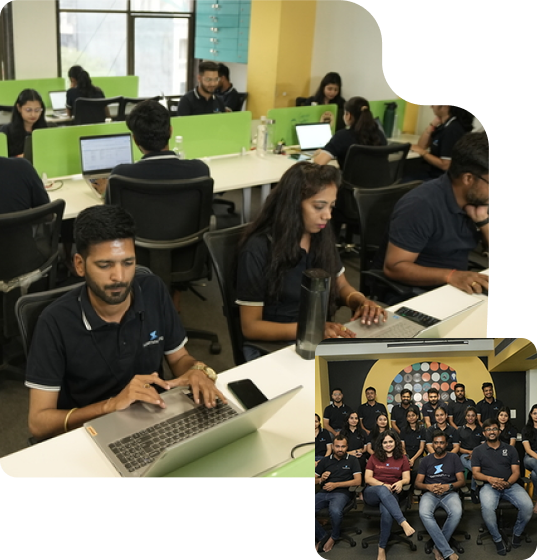
Questions Businesses Ask When Hiring Cloud Developers
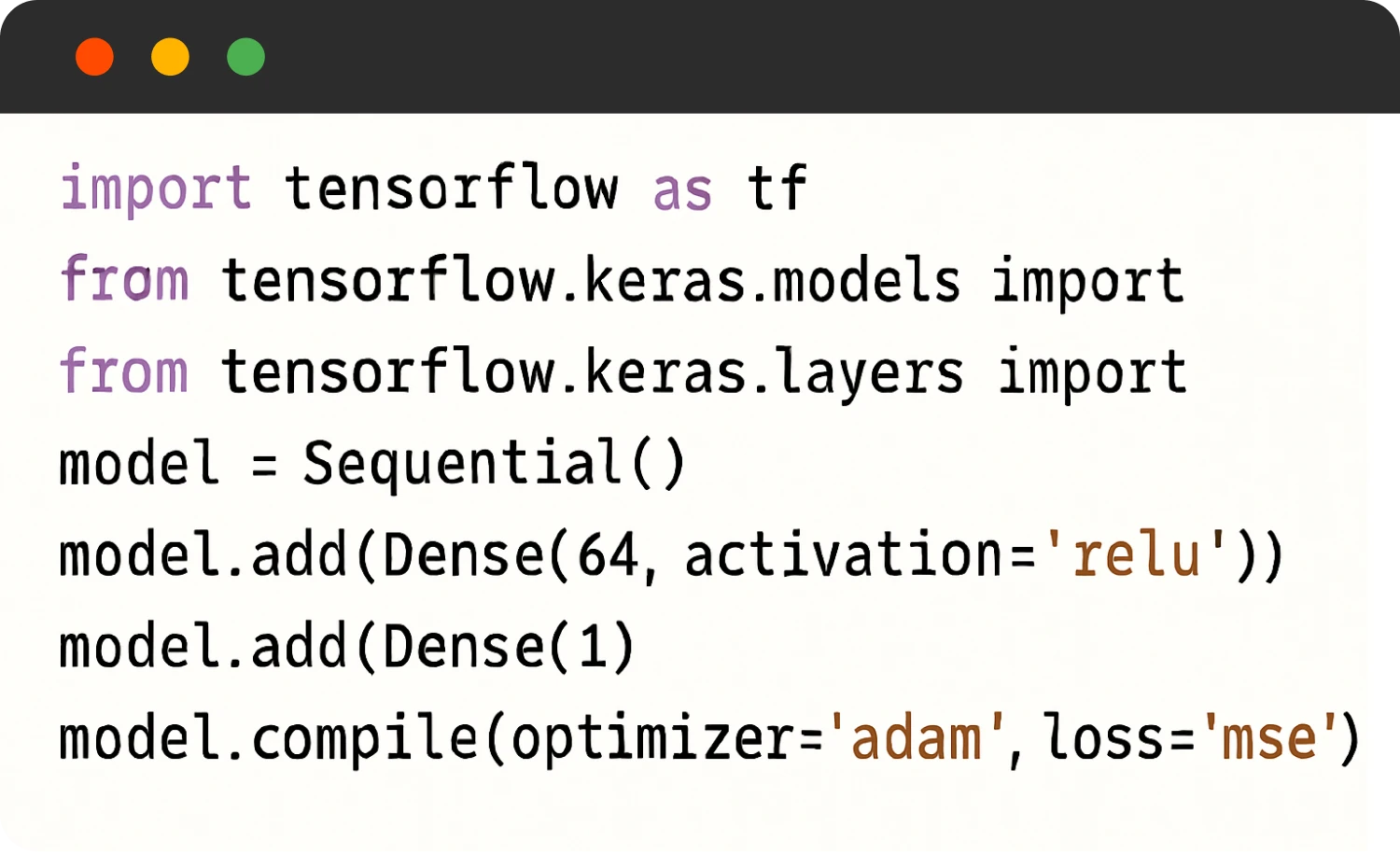
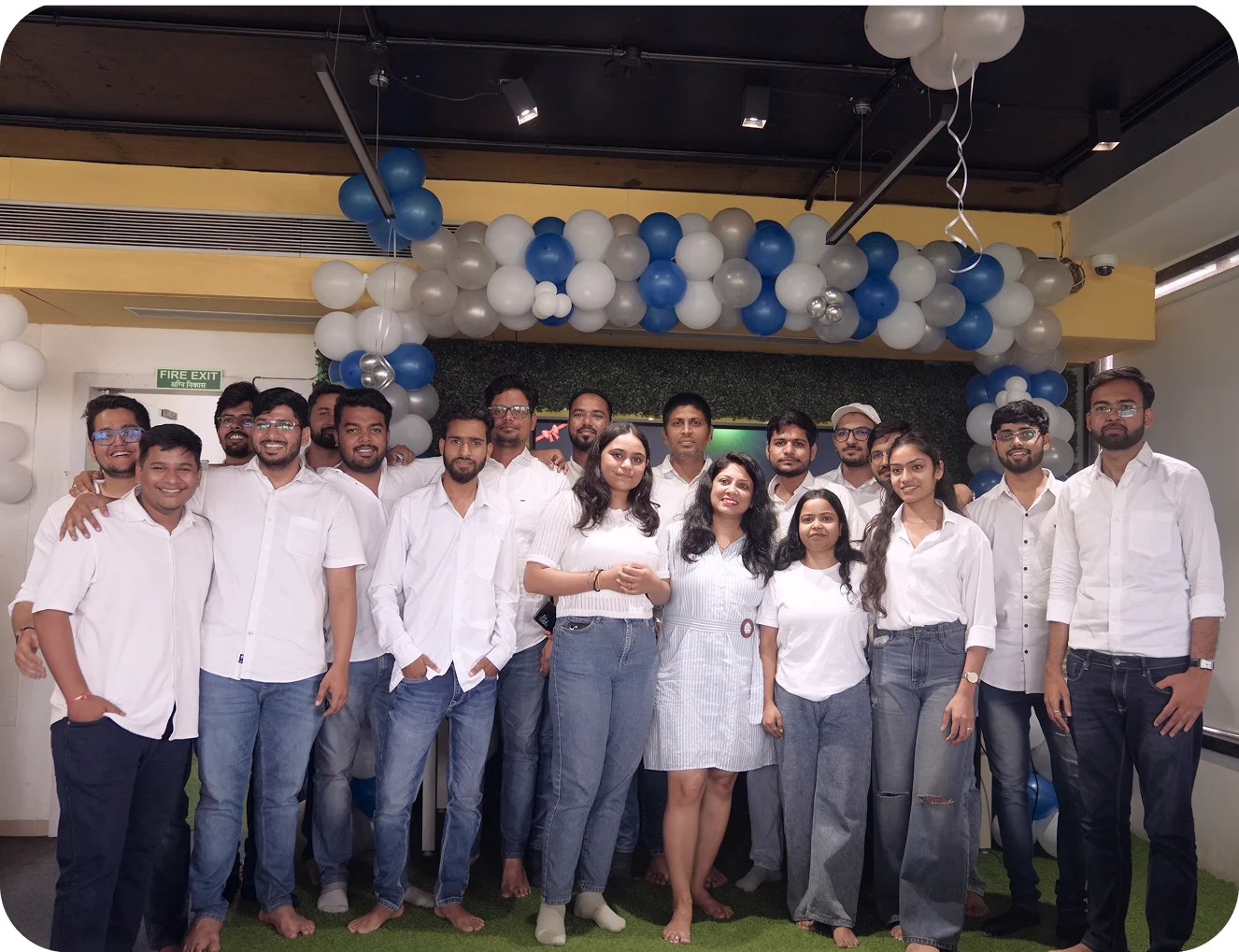







 Verified by Engineer Babu
Verified by Engineer Babu
 Experience: 5 Years
Experience: 5 Years
 Availability: Full-time
Availability: Full-time






